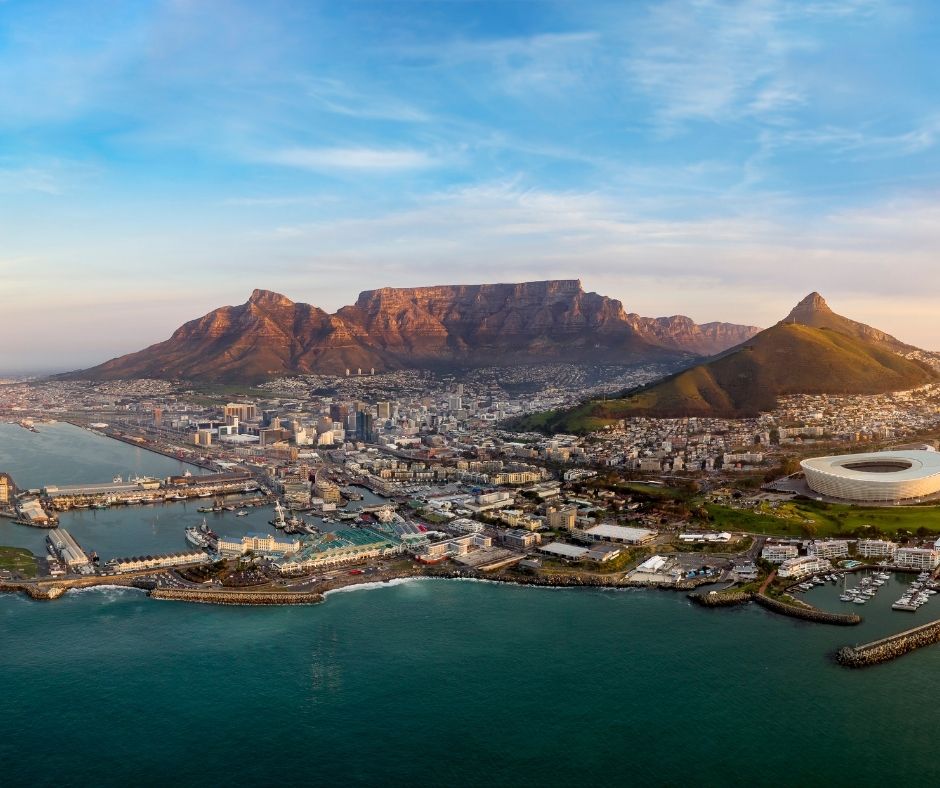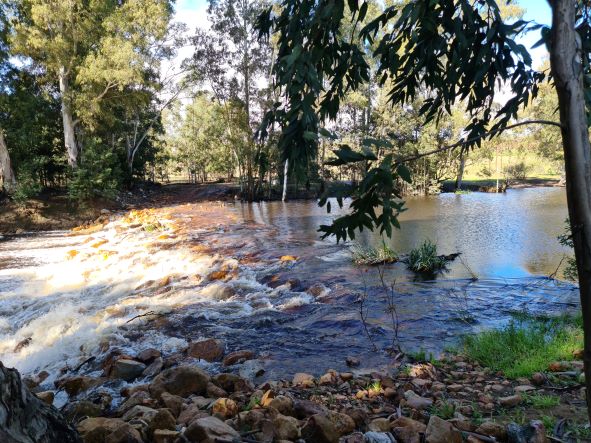Across the continent, many cities and villages are experiencing severe water shortages. Nowhere was this more evident than in 2018, when the world watched as Cape Town came frighteningly close to Day Zero, a point at which the city would run out of water.

According to a United Nations report for 2021, climate change, prolonged droughts, and erratic rainfall have disrupted water cycles, leaving some five hundred million people in 19 African countries vulnerable to water insecurity.
As the climate changes and the continent's population grows, pressure on Africa's water resources will increase. A changing climate affects the regulation of water flows and rainfall, as well as changing landscapes and ecosystems.
Forests to combat water threats
As we celebrate International Day of Forests on the 21 March and World Water Day the very next day (22 March), we are reminded resoundingly that to tackle this threat, Africa needs its forests.
Many African cities rely on forested watersheds for their water supplies. Forests are natural water filtration systems that reduce soil erosion, sedimentation, and pollutants. African forests have shown that they can also play an increasingly important role in mitigating climate change if managed responsibly.
As seen in numerous Forest Stewardship Council® (FSC®) certified forests, responsibly managed forests contribute to reducing soil erosion, restoring watersheds, and restoring and rehabilitating areas prone to land degradation.
Thanks to FSC’s robust standards, certified forest managers continually improve, preserve, and protect forest landscapes, and their biodiversity.
Helping forest managers measure and improve forests
In 2018, the FSC introduced a procedure to measure, demonstrate, and communicate the positive impacts of responsible forest management, the Ecosystems Services Procedure.
Ecosystem services are benefits humans receive from nature, including reliable clean water flows, productive soils, biodiversity conservation, and carbon sequestration.

This solution encourages forest managers to develop, measure, and demonstrate how they improve the forest environments they are responsibly managing. The solution focuses on assessing the impacts of forest management on carbon sequestration and storage, biodiversity conservation, watershed services, soil conservation, and recreational services. For more information on FCS Ecosystem Services: https://fsc.org/en/ecosystem-services-for-forest-managers
Since the launch of the solution, it has helped FSC-certified forest management units in South Africa and Namibia document and demonstrate the impact of their work on forest ecosystems. In Cameroon, the Republic of Congo, and Gabon, assessments are underway.
According to independent audits, the model is quite beneficial to watersheds.
In South Africa, along the banks of the Breed River (Western Cape) and in Matatiele (Eastern Cape), 96 hectares of degraded land have been restored to more natural conditions, and 501,600 m3 of water have been restored to the catchment areas in these verified forest management units per annum.

Partnership is key
To combat the water crisis, partnership is key. No single stakeholder or partner can accomplish at scale the restoration and protection of forest landscapes and water resources, enough to eradicate the prevalent water crisis in Africa.
At FSC, we work with forest stewards and committed stakeholders to foster partnerships that promote the protection of ecosystems. For as is said in South Africa, ‘a river runs deep because of its source’.
Dr Peter Alele, Regional Director, FSC Africa
